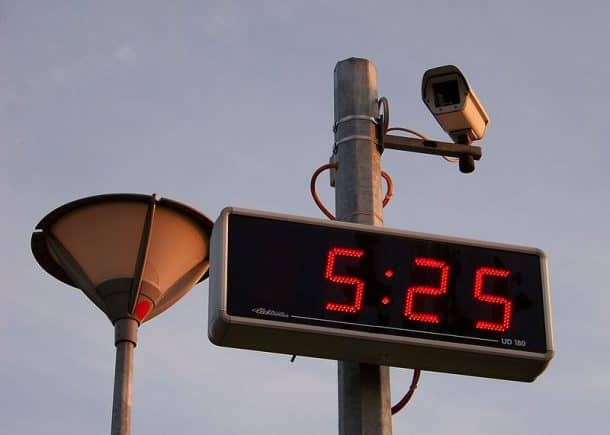A head-teachers union recently reported that the students have become so used to digital devices that they are having trouble to correctly read the time on the analog clocks. This is the reason schools are forced to replace the clocks in the schools. According to Malcolm Trobe, the deputy general secretary at the Association of School and College Leaders, children and teens are not good at reading the old-fashioned clocks. Since phones, tablets, and computer all play a major role in their lives and are constantly exposed to seeing the time in digital format. As a result, when they are required to see the time display in analog form, most of them are unable to read it. Therefore, schools are removing analog clocks and replacing them with the digital ones.

Mr. Trobe, a former headmaster, said, “The current generation isn’t as good at reading the traditional clock face as older generations. They are used to seeing a digital representation of time on their phone, on their computer. Nearly everything they’ve got is digital so youngsters are just exposed to time being given digitally everywhere.” It was assumed that by the time students reach secondary school, they are able to read analog clocks but the headmaster claims that this is not true anymore. Many other teachers also support his experience and took to social media to complain about the issue.
Stephanie Keenan, head of English at Ruislip High School in north-west London said that her school has decided to replace the analog clock in the exam hall with a digital one. The decision was made after it became clear that nine, ten and eleven students are having difficulty while reading the analog clock face. Cheryl Quine, the head of the department at Cockermouth School and chair of the West Cumbria Network said that some children at her school were unable to read the analog clocks in the exam rooms and therefore, couldn’t catch up with the remaining time.

Malcolm Trobe said, “It may be a little sad if youngsters coming through aren’t able to tell the time on clock faces. One hopes that we will be teaching youngsters to read clocks, however, we can see the benefit of digital clocks in exam rooms.” An even worse situation came forward when earlier this year a report came from a senior pediatric doctor that said that young children are finding it difficult to use the analog tools like pencils and pens since they are exposed to phones and tablets most of the time. Sally Payne, the head pediatric occupational therapist said, “To be able to grip a pencil and move it, you need strong control of the fine muscles in your fingers. Children need lots of opportunities to develop those skills. It’s easier to give a child an iPad than encouraging them to do muscle-building play such as building blocks, cutting and sticking, or pulling toys and ropes. Because of this, they’re not developing the underlying foundation skills they need to grip and hold a pencil.”


